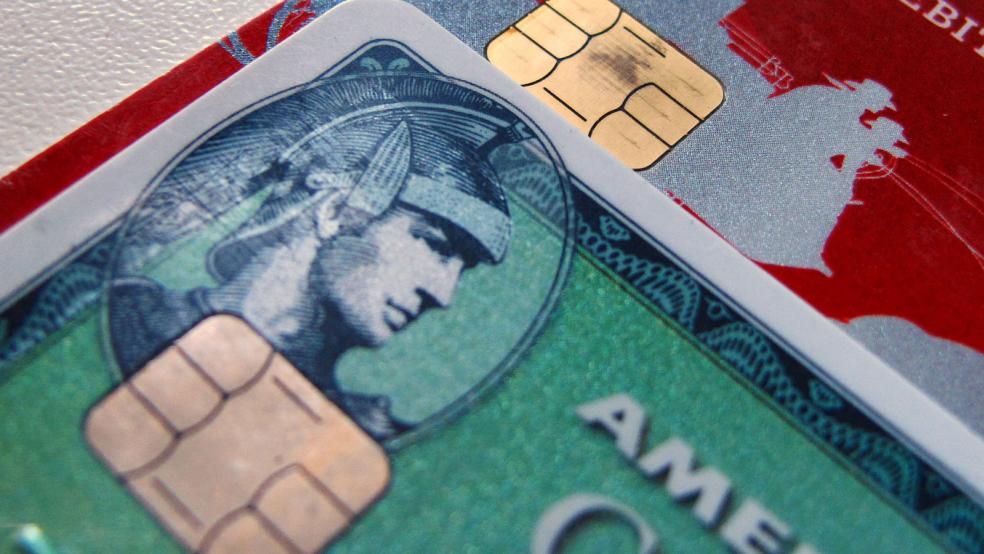A huge segment of the country’s largest generation is having trouble qualifying for a credit card, according to a new survey.
A third of millennials said they were unable to obtain some kind of credit, largely credit cards, versus a quarter of the national sample, according to a VantageScore survey released this week. That adds up to 27.7 million Americans born between 1982 and 2000 who, as a result, may have a harder time getting a mortgage or car loan down the road.
“Stand behind a row of people buying their lunches. They are all using credit or debit cards,” says Barrett Burns, president and CEO at VantageScore Solutions, a developer of a credit score used by six of the largest 10 banks. “Imagine not having a credit card in today’s world.”
Related: Here’s Why Millennials Have the Lowest Credit Scores
Thirty-four percent of millennials said they were turned down because they had no credit score, while 42 percent said their limited credit history was the reason.
“Just because you have a credit report doesn’t mean you have sufficient information in it to calculate a credit score,” says John Ulzheimer, a credit expert formerly with FICO and Equifax. “Lenders depend on these credit reports to make automated decisions, because it’s cheaper.”
Some in the credit industry are coming up with ways to use alternative information — such as utility payments, rents and cell phone bills — to create a credit score for people who have thin or no credit history. The survey found that half of millennials (and half of the broader national sample) support using alternative data in credit scores. But that method is not widely accepted in the lending industry yet, leaving many young adults with few borrowing options.
Related: The Mortgage Market Is Heating Up, but Only for Some Borrowers
Ulzheimer notes that some millennials may have to pivot to second-tier options, such as payday lending, pawn lending or title lending, that also come with sky-high interest rates. Others may have to delay major transactions, like buying a car or purchasing a house, if they can’t even qualify for a credit card, which itself is a stepping stone to more credit.
“A credit card is not only a payment mechanism, but also a credit mechanism,” Burns says. “After a credit card, a person moves on to borrowing for a car, then moves on to a house. It’s a natural progression and the chain of events typically starts with a credit card.”





